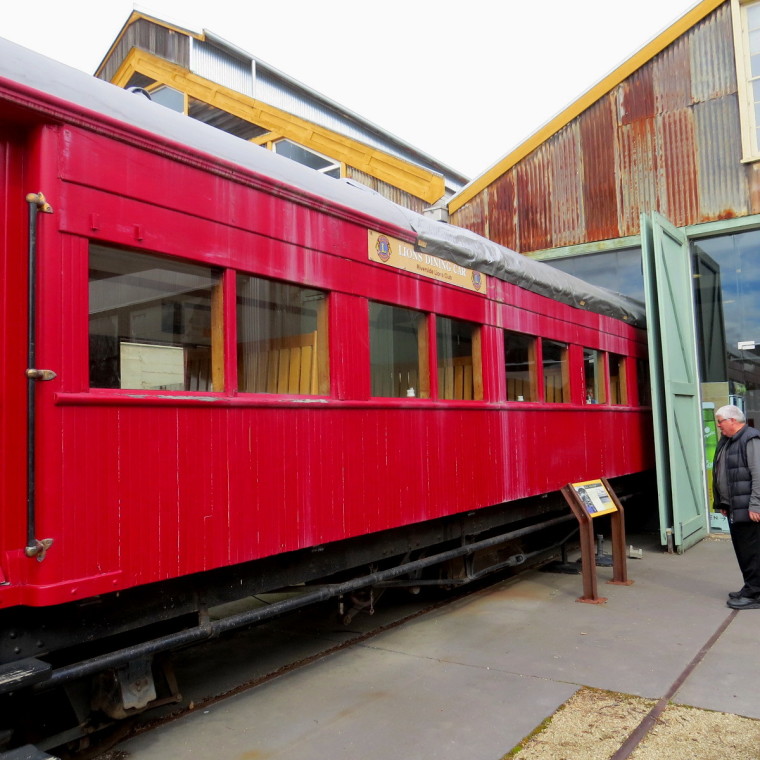
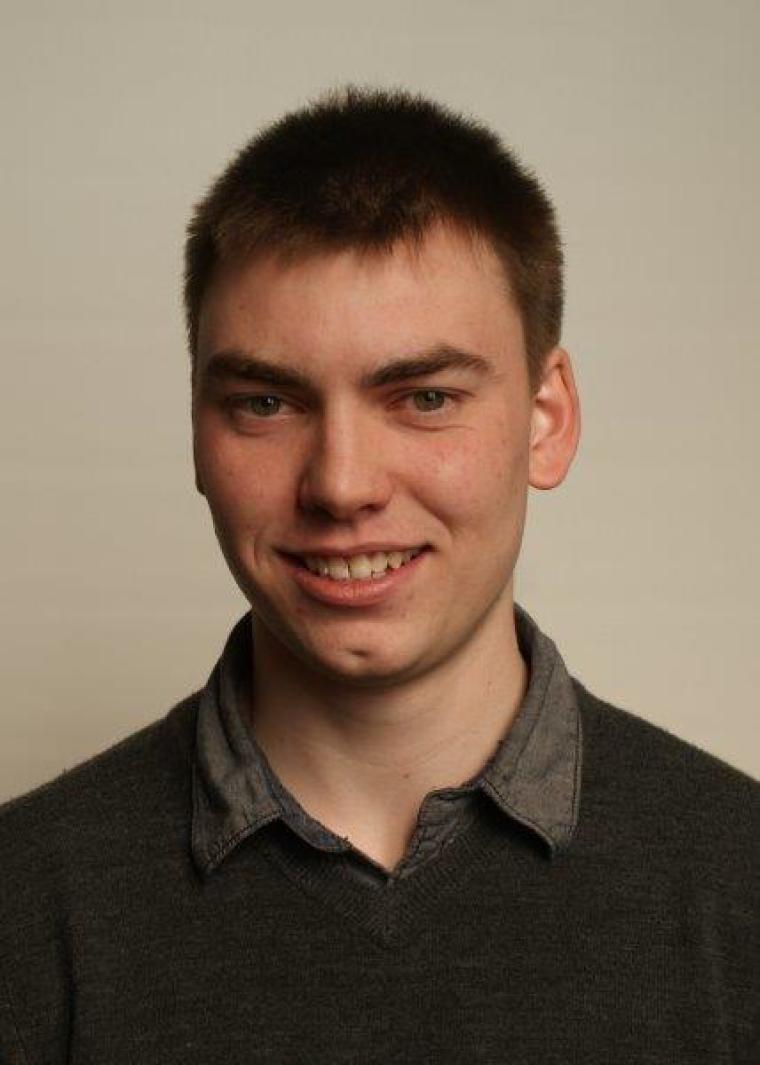
The Footplate Padre has visited many railway museums over the years – these include Sydney, Thirlmere, Redbank (Ipswich), Beenleigh, Melbourne, Launceston, Adelaide, Perth, Albany, Gympie, Goulburn and even the Smithsonian in Washington DC.
All these railway museums are unique with different items on display – such as steam locomotives, diesels, carriages, freight wagons, goods wagons, passenger rail seating, railway modelling, signals, rail points and a whole lot more.
His visits to Thirlmere (NSW Railway Transport Museum) on the outskirts of Sydney is one of the largest across the nation. It's running steam and diesel locomotives take tour trips along with its diesels sometimes hired out to freight companies when power units are short.
The Railway Workshops and Museum (operated by Queensland Railways) in Ipswich displays a magnificent festival of railway memorabilia and some interesting insights that reminded the Footplate Padre f his ministry in sports.
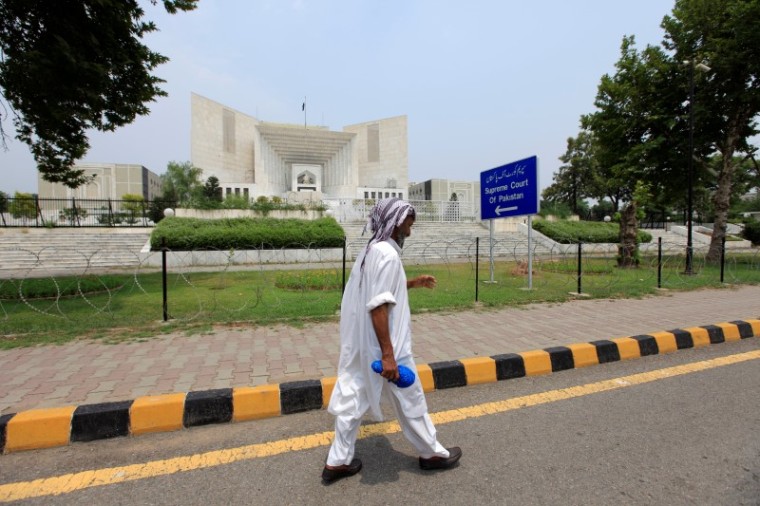
His two-day ministry assignment to Ipswich was factored by chatting with the Queensland Railway personnel involved and meeting the volunteers who give so many hours to their beloved railway historical pleasures.
The Footplate Padre is at home in this situation. First, he is a long-term lover of all things railway and has written sixteen books on train driver's anecdotes, which relied on railway-men giving much time and energy to recount their numerous stories. These publications were labours of love for them as it was for himself.
Second, being involved in sport since he was a youngster, sporting organisations of whatever brand across the nation are run by volunteers who give of their professional expertise and tireless hours to the running of the administration, umpiring, serving at the canteen, coaching, transporting and the like. The Sydney Olympics certainly cashed in on this volunteerism, which was a huge saving to the Olympic budget.
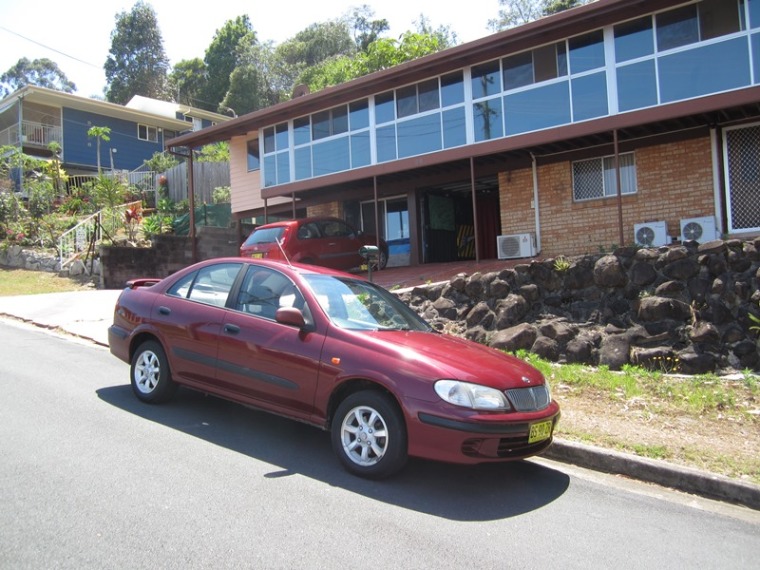
Conversations
When I first became chaplain of the Australian Cricket team, I was in a similar position. I recall a luncheon in 1984 when the then Chairman of the Australian Cricket Board, the late Fred Bennett, who told us the chaplain would be paid the same as the ACB chairman (ie, an honorary position).
As I chatted with volunteers at the railway museum, all the typical issues came up between those who volunteer and those who are employed. These are the same dilemmas as sporting organisations encounter.
For one group, their commitment means their employment, their livelihood, possibly another step towards a higher level of salary in another field of professional work.
For the other group, their involvement is for no other reason than their passion for the activity. They know their 'stuff' inside and out but such ideas may not fall within corporate policy. This is the dichotomy of all such situations.
My twelve years of ministry experience as the industrial padre at Shell Australia in Sydney (InterChurch Trade & Industry Mission) came to the fore in understanding these issues.
My Footplate Padre ministry has been led by the Lord become wider than the monthly article for the On Track E-magazine (and published in several other publications) for 10 years. I thank the Lord for the late Dave Moyle the editor of that On Track who saw the initial vision for a monthly footplate padre article which has led into a much wider ministry.
Whenever I travel by train I make a bee-hive to the locomotive crew and have a chat. When visiting New Zealand and taking a tourist train journey, this has often meant part of the journey up front in the cabin and its soon revealed all the same issues raised by locomotive crews in Australia apply equally to New Zealand crews.
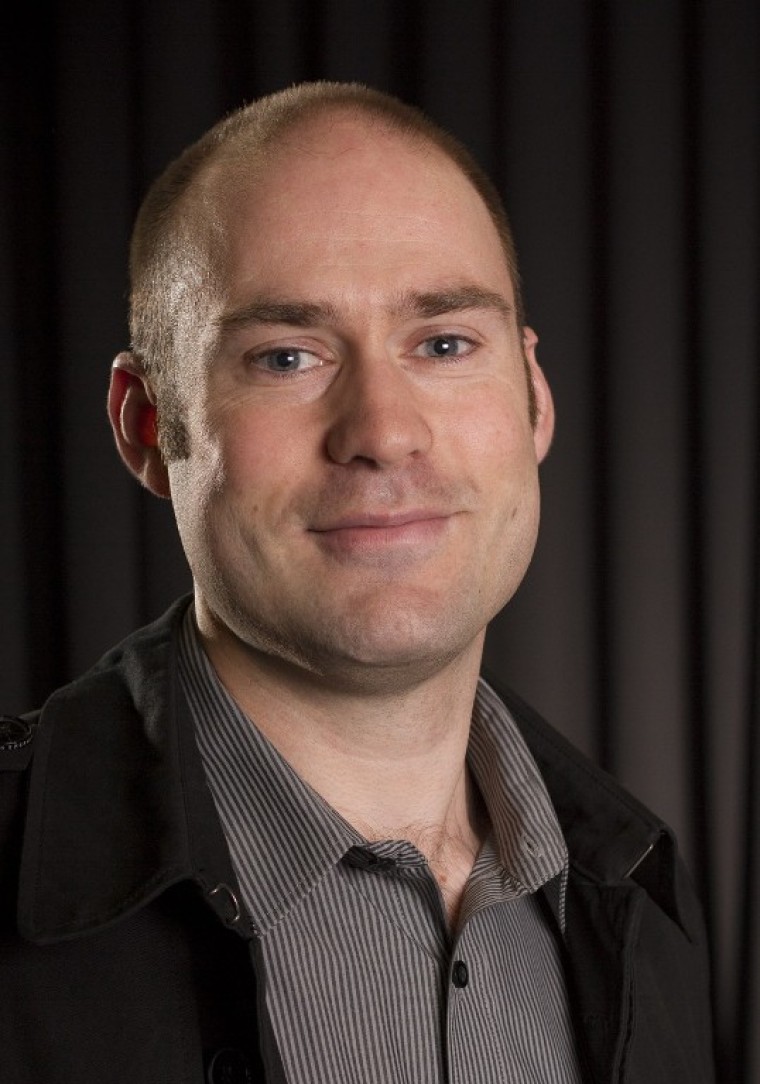
Dr Mark Tronson is a Baptist minister (retired) who served as the Australian cricket team chaplain for 17 years (2000 ret) and established Life After Cricket in 2001. He was recognised by the Olympic Ministry Medal in 2009 presented by Carl Lewis Olympian of the Century. He mentors young writers and has written 24 books, and enjoys writing. He is married to Delma, with four adult children and grand-children.
Mark Tronson's archive of articles can be viewed at http://www.pressserviceinternational.org/mark-tronson.html